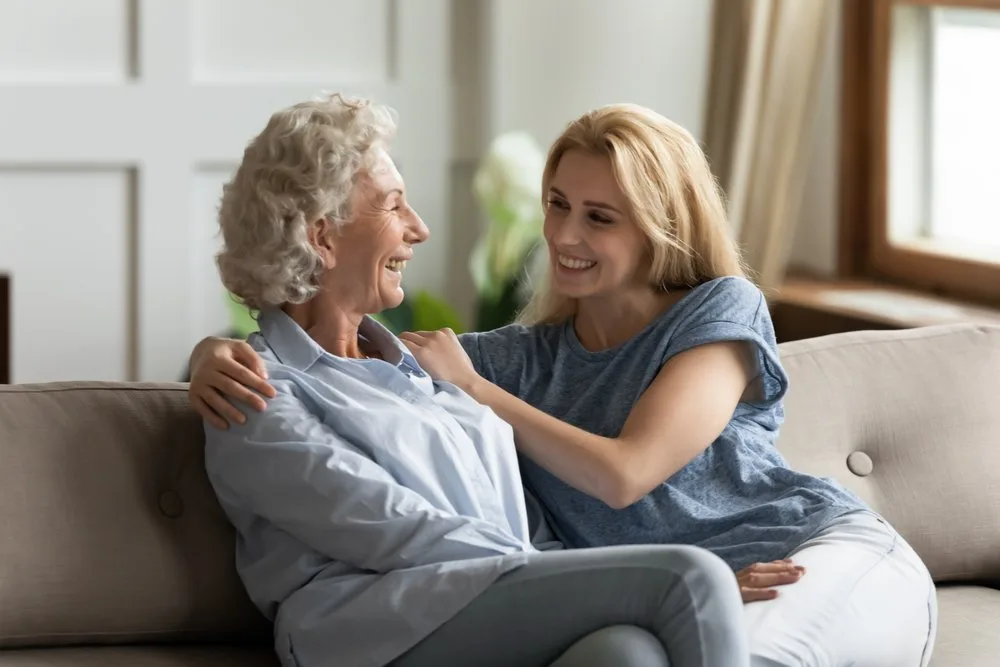As our loved ones age, their health becomes a top priority. One crucial aspect of senior safety is knowing how to provide first aid when needed. Aging can bring about various health challenges, and being prepared to respond quickly and effectively can make all the difference. Longevity Live Paid Content.
Understanding the Unique Needs of Seniors
Before diving into specific first aid tips, it’s essential to understand that seniors often have unique health considerations. As people age, their bodies may not respond to injuries or illnesses in the same way as they did when they were younger. Chronic conditions, reduced mobility, and medications can all impact how you approach first aid for seniors.
Training and Preparation
While knowing how to administer first aid is vital, it’s equally important to stay informed and prepared. Consider enrolling in a first aid and CPR/AED certification course, which can give you the skills and confidence to handle emergencies effectively. Additionally, keep your first aid kit updated, checking expiration dates on medications and supplies regularly.
Stocking a Senior-Friendly First Aid Kit
A well-stocked first aid kit is a fundamental element of senior safety. However, when caring for aging loved ones, your first aid kit may require some modifications. Here are some essential items to include:
- Prescription Medications: Ensure you have an updated list of your loved one’s medications, along with a sufficient supply in the kit.
- Extra Glasses and Hearing Aids: Seniors often rely on glasses or hearing aids. Including spares in the first aid kit can be a lifesaver.
- Non-Prescription Medications: Over-the-counter pain relievers, antacids, and allergy medications can be helpful.
- Adhesive Bandages and Gauze: For treating minor cuts and wounds.
- Tweezers and Scissors: Useful for removing splinters or cutting tape and gauze.
- Instant Cold Packs: These can help reduce swelling and soothe injuries.
- Emergency Blankets: Keep your loved ones warm if they experience a shock or fall.
- CPR Face Shield: Essential for providing safe CPR if needed.
- Flashlight: Ensure you can see clearly in case of an emergency during the night.
- Emergency Contact Information: Include a list of important phone numbers, including doctors, family members, and caregivers.
Common Senior First Aid Scenarios
Now that you’ve assembled your senior-friendly first aid kit, it’s essential to know how to use it in various situations. Here are some common first-aid scenarios for aging loved ones:
Falls and Fractures
Seniors are at a higher risk of falling, which can lead to fractures or sprains. If your loved one falls:
- Assess the Situation: Check for injuries and call for help if needed.
- Immobilize the Area: If there’s a suspected fracture, try to immobilize the injured limb using splints, pillows, or blankets.
- Apply Cold Packs: Use your instant cold pack to reduce swelling.
- Comfort and Reassure: Keep your loved ones calm and provide support until medical help arrives.
Choking
Seniors may have difficulty swallowing, increasing the risk of choking. If they are choking:
- Encourage Coughing: If they can still cough, encourage them to do so.
- Perform the Heimlich Maneuver: If choking persists, perform the Heimlich maneuver carefully. Learn this technique in advance.
- Call for Help: If the choking persists, call 911.
Burns
Accidental burns can happen in the kitchen or while using hot water. If your loved one suffers a burn:
- Cool the Burn: Hold the burned area under cold, running water for at least 10 minutes.
- Cover with a Clean Cloth: Once cooled, cover the burn with a sterile, non-stick bandage or cloth.
- Seek Medical Attention: Consult a healthcare professional if the burn is severe.
Heart Attack or Stroke
Seniors are at greater risk of heart attacks and strokes. If you suspect either:
- Call 911 Immediately: Time is crucial in these situations.
- Keep Calm: Encourage your loved ones to stay as calm as possible.
- Administer CPR: If your loved one stops breathing or their heart stops, be prepared to perform CPR if you know how.
Medication Overdose
Medication management can be challenging for seniors. If you suspect a medication overdose:
- Call Poison Control: Dial your local poison control center for guidance.
- Provide Information: Share the list of medications your loved one is taking.
- Do Not Induce Vomiting: Unless instructed to do so by medical professionals.
Conclusion
Senior safety is a paramount concern for families with aging loved ones. Being prepared to provide first aid when needed is a crucial aspect of ensuring their well-being. By assembling a senior-friendly first aid kit, familiarizing yourself with common first aid scenarios, and staying informed and prepared, you can play a vital role in keeping your aging family members safe and healthy. Remember that seeking professional medical help is always a priority in serious situations, so don’t hesitate to call 911 or seek immediate medical attention when necessary. Your proactive approach to senior safety can make a significant difference in the lives of your aging loved ones.
Who is the author?

Sofya Arghamanyan
Sofya Arghamanyan is a dedicated healthcare professional with a passion for providing compassionate and high-quality patient care.
With her experience, she is committed to promoting wellness and improving the lives of patients through evidence-based practices.





![women [longevity live]](https://longevitylive.com/wp-content/uploads/2020/01/photo-of-women-walking-down-the-street-1116984-100x100.jpg)









